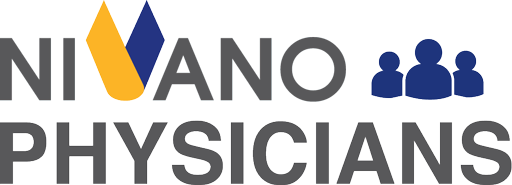Nivano Physicians Patient Testimonials
Real stories from Nivano Physicians patients who have used our trusted health resources to feel more informed, supported, and in control of their care.
They Helped Me Understand My Diabetes
“I didn’t know where to start after being diagnosed. Nivano gave me resources to manage my blood sugar and even helped me schedule a foot care checkup. I feel more in control now.”
Carlos M.
I Finally Found the Mental Health Support I Needed
“I struggled to find reliable help until Nivano connected me with school-based mental health services for my teenage son. Their team really listened.”
Maya L.
The Health Resources Saved Me Time and Worry
“I used the Bright Futures guidelines to understand my baby’s milestones and vaccine schedule. The information was easy to follow, and I felt reassured as a first-time mom.”
Danielle R.

